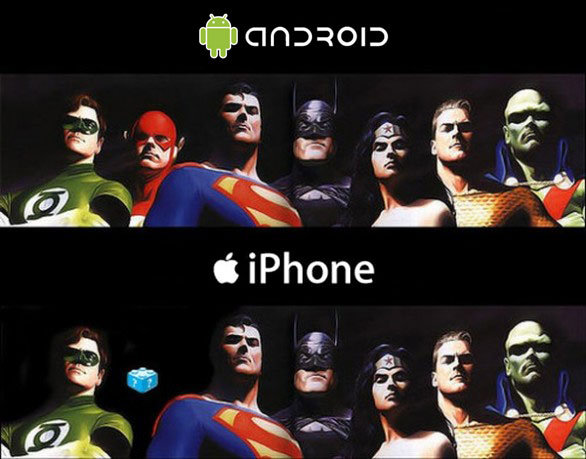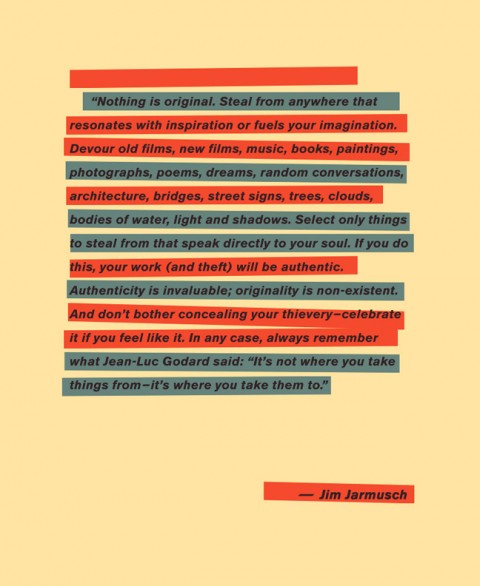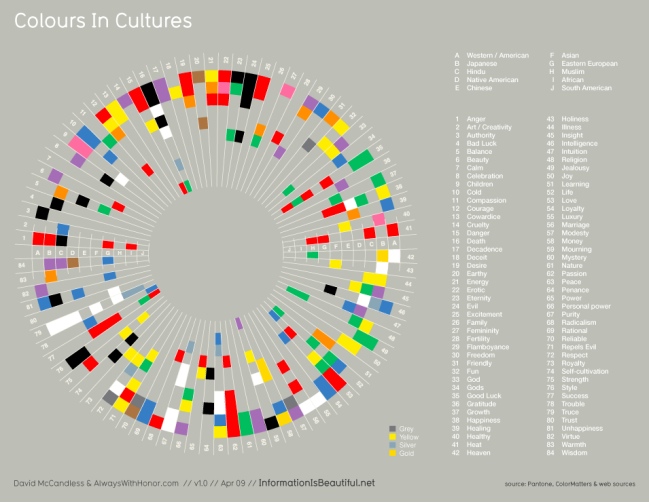Things I Learned This Week – #18
Out in the ‘real world’ (if there is such a thing) this week I learned that more people than you would imagine still smoke, that dandelions are stubborn little beggars, and that Wii Fit comes over all nicey-nice but then tells you you’re overweight. The cheek! :-p
![]() http://delicious.com/dajbelshaw/TILTW18
http://delicious.com/dajbelshaw/TILTW18
(36 bookmarks)
Tech.
- Want to speed up an older MacBook Pro? Try using a SSD ExpressCard hard disk!
- Of course you’d like to use an iPhone as a walkie-talkie. I mean, why wouldn’t you?!
- Whilst I wouldn’t encourage the spatially inept to text and walk, at least this iPhone app (potentially) makes such people less dangerous…
- Steve Jobs doesn’t like Flash. Turns out he’s got six good reasons why. Some people have conspiracy theories. And some people think that Flash is fundamental to the internet – and produce images like this:

- If you’re looking to get started with app development for a range of mobile platforms, PhoneGap is “an open source development framework for building cross-platform mobile apps. Build apps in HTML and JavaScript and still take advantage of core features in iPhone/iTouch, iPad, Google Android, Palm, Symbian and Blackberry SDKs.” Handy! 🙂
Productivity & Inspiration
- In a great example of unexpected time being put to good use, some of those stranded due to the closing of airspace following the volcanic ashcloud got together to produce a magazine. Inspiring!
- I’m still testing GQueues, but it could be the holy grail of task management, given its integration with Google Accounts…
- Who’s got the right to judge your work? Only those whom you allow to, answers Seth Godin.
- Alternaview featured a post this week about coming up with your own List of Best Practices. Awesome idea! 😀
- I’d be surprised if you weren’t already doing these 7 Habits of Highly Excellent People, to be honest.
Education & Academic
- Edutopia features 10 great tips for senior leaders in education from Principal Mike McCarthy. Number 5 is important:
Find time to think during the day. They pay me to worry. It’s OK to stare at the wall and think about how to manage change. I have 70 people who work at King. Even the most centered has three bad days each school year. Multiply that by 70 people and that’s 210 bad days, which is more than the 180 school days in a year. So, me, I am never going to have a good day — just get over it.
- Academics are increasingly judged by how many times the articles they produce are cited – a process known as ‘bibliometrics’. It sounds intuitive and positive, but actually can be undermining of the very things academic should be doing. Check out Bibliometrics as Weapons of Mass Citation for further explanation.
- Thinking of using Google Apps as an eportfolio solution? Looks Dr Helen Barrett’s done all the spadework for you!
- Wondering where the money spent on education in the UK goes? The BBC explains (could do with some infographics!) :-p
- Harold Jarche:
Informal learning needs will continue to grow as more work requires access to contextual knowledge, as Robert Kelley showed over a 20 year study of knowledge workers:
“What percentage of the knowledge you need to do your job is stored in your own mind?”
1986 ~ 75%.
1997 ~ 20%
2006 ~ 10%We cannot train individuals for that 90% but we can support access to knowledge and expertise across the enterprise. This is an opportunity. There is much experience available in the fields of knowledge management, organizational design, human-computer interaction and information design that is valid and can be put to good use.
Data, Design & Infographics
- We knew this already, but Powerpoint makes us stupid.
- 40 memorable design quotes visualized does exactly what it says on the tin. There’s some great ones, but this is my favourite:
- This graphic by David McCandless ended up adorning his book Information is Beautiful. It shows what colours are associated with in different cultures. As you’d expect, white is associated with ‘truce’, red with ‘passion’ and yellow with ‘illness’ pretty much universally:
- Wow. This is what 340,000 cross-references in the Bible looks like:

- A cityscape made out of staples. Quality.
The making of Ephemicropolis from Peter Root on Vimeo.
Misc.
- Why would you vote for David Cameron when he can’t even do the hokey-cokey?

- Looking for a walk down memory lane and a laugh? Check out Good Show Sir, a blog dedicated to ‘only the worst sci-fi/fantasy book covers’!
- Will Richardson produces the now-standard review of ebook readers. Explain that you love books and have lots of them. Explain why you bought an ebook reader. List the things you can do with an ebook reader that you can’t with a book. Say that books will never be replaced with ebook readers but that the latter will augment the former. Done.
- This lizard has two heads. The larger one tries to attack the smaller one. There’s a parallel/metaphor/life lesson in there somewhere… 😉
- Anyone recognise the thinking of Dilbert’s boss in this cartoon?
Quotations
Patience is bitter, but its fruit is sweet. (Aristotle)
Success usually comes to those who are too busy to be looking for it. (Henry David Thoreau)
The way to love anything is to realize that it might be lost. (G.K. Chesterton)
Always be a first-rate version of yourself, instead of a second-rate version of somebody else. (Judy Garland)
Difficulty is the excuse history never accepts. (Edward R. Murrow)
Main image CC BY-NC-SA fish2000




Following your post about stealing from anywhere that resonates with inspiration or fuels your imagination, I have stolen your idea of “Things I learned this week” and plan to blog “What I learned this week”. Love reading your thoughts on….evrything and follow you on #edchat etc via twitter. Nice work!
Thanks Louisa – look forward to reading! :-)
Doug: I really enjoy these posts of the things you have learned for the week. Thank you for including the alternaview in your list this week. I am glad that you liked the idea of creating your own Best Practices List. I am going to follow your lead and create a list of things I learned this week. It is a really cool concept you have come up with.
Thanks Sibyl – glad you enjoyed it! :-)